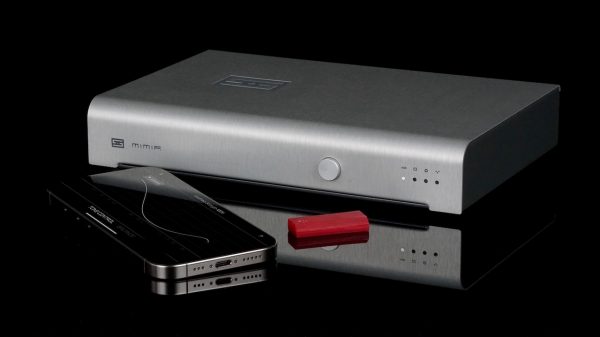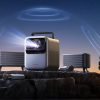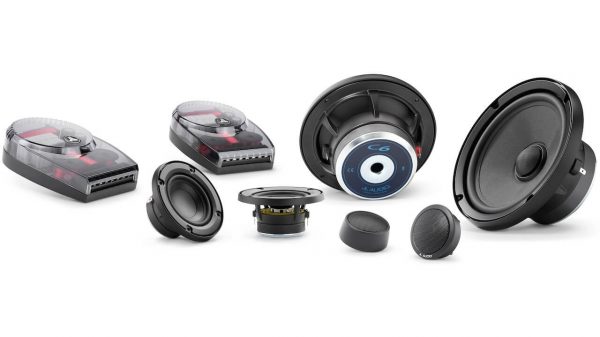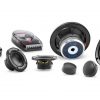Defrag is a very common term tossed around in techie forms and recommended by Geek Squad every time your computer slows or crashes. So what defrag it really? To examine defrag we must start at the root: Fragmentation.
Think of your computer’s hard disk as a library. If the books are not filed away properly, they become very difficult to find and the library becomes very inefficient. The same thing happens to your hard disk when it’s fragmented. Fragmentation occurs as files are created, edited, saved and deleted. The operating system’s filing mechanism does not save one file in one place, instead it breaks them up into to “fragments” and spreads them around the disk saving pieces of the file wherever free space is available. Therefore, when the read head attempts to access the fragmented file, it has to work extra hard as it tries to find and access one of pieces. More work means more time spent which means a fragmented hard drive could cost a company employee down time and worn out hard ware. In addition, the overall system performance and reliability decreases and the PC slows since the hard drive is the slowest component of the PC (it’s mechanical) and fragmentation only aggravates this problem.
Defrag (or defragmentation) restores these file fragments creating not only continuous files but blocks of free space as well. Defrag organizes the books for the library. Now your computer only has to look in one place for the file instead of scouring the inter library.
The best solution for defeating fragmentation is a third-party automatic defragmentation solution which runs in the background. The automatic defragmentation method is superior to outdated manual or scheduled defrags because it keeps fragmentation on the drives low, continuously. The user also has to do nothing once the software is installed and the automatic defrag enabled.
With scheduled defrag, after a few hours of usage, the drive become fragmented again and remains fragmented until the next defrag, so the benefits are short-lived with manual/scheduled defrag.
A defragmented drive is indispensable. Defrag improves system performance, reliability, reduces battery power consumption for laptops (less work for the drive, remember) and increases the overall life of the hard drive. So what is defrag? Your hard drive’s savior.























